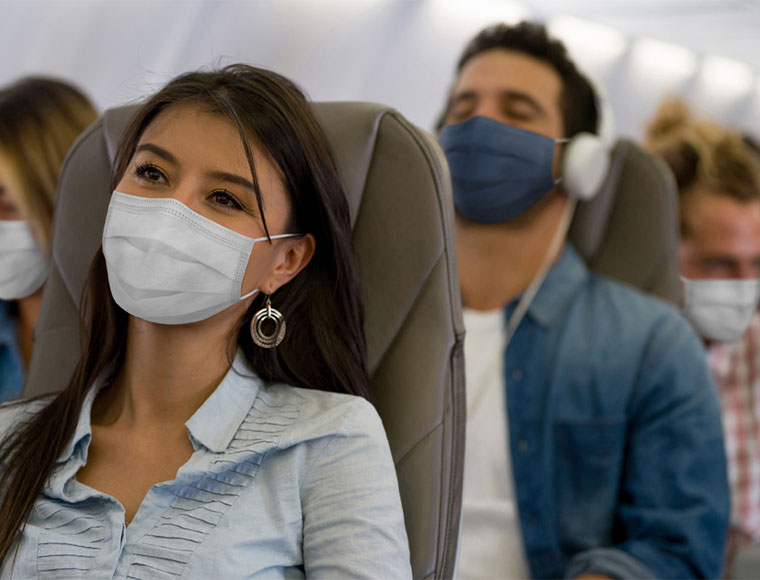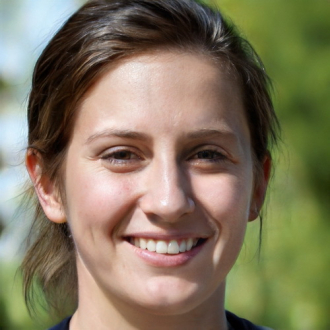We can never state enough how Covid-19 has turned our lives upside down.
So far, some 2.5 million people have succumbed to the coronavirus worldwide.
Economies everywhere are also reeling, with countless businesses shutting down and people losing their of livelihoods.
Of the various industries, the aviation sector is proving to be one of the hardest-hit by the pandemic, with losses amounting to $370 billion and counting. From the biggest airlines to the smallest private jet charter operators, everyone in the aviation industry has felt the crushing effect of a pandemic no one expected.
Nevertheless, many airlines across the globe are now slowly resuming operations, with many countries and states lifting travel bans.
If you’re flying in the age of Covid, what can you expect?
Masks are a must
Health officials have long recommended that people wear masks to help slow down the spread of the coronavirus, with double masking proving a new and even more effective trend. Now masking is a requirement among U.S. travelers, under an executive order issued by President Joe Biden.
Relevant agencies are now mandated to enforce the wearing of masks in or on airports, commercial aircraft and all forms of public transportation.
Negative Covid tests for incoming international travelers
The same executive order also requires that travelers age 2 and older must produce proof of a recent negative Covid test to gain entry to the United States.
The requirement exempts U.S. citizens and those who have had shots of a Covid vaccine.
You have to obtain the required Covid test on your own, as airlines won’t be testing you upon your arrival. And you also need to have that test done no more than three days before your departure date.
Updated screening procedures
The policies of the Transportation Security Administration (TSA) in the time of Covid are geared toward keeping contact between its workers and travelers to a minimum.
As part of its “Stay Healthy. Stay Secure.” campaign, all officers must wear face shields, protective eyewear and gloves, especially when close contact is necessary. They will also continue performing pat-downs and will have to change gloves after each pat-down.
TSA officers also won’t be handling boarding passes anymore. You will have to place your paper or electronic pass on the code reader for inspection. Visit the TSA website (tsa.gov) for more information about its Covid-related protocols.
Cleaner aircrafts
Commercial airlines and private jet companies alike are bound to follow guidelines issued by the Centers for Disease Control and Prevention (CDC) regarding disinfecting their aircrafts.
When flying these days, you can expect to board airplanes that have been more thoroughly and frequently sanitized than ever before.
Aircraft-cleaning methods being used may include chemical disinfectants, ultraviolet wands and electrostatic spraying.
Blocked middle seats?
In an effort to implement social distancing during flights, airlines have taken to blocking all middle seats as soon as Covid-19 was declared a pandemic, effectively limiting their onboard capacity.
However, most U.S. airlines have stopped blocking seats. Of the major airlines, only Delta has committed to keeping the middle seats vacant and will continue doing so through March 2021.
Prepackaged snacks and drinks
In the early months of the pandemic, airlines that continued flights suspended in-flight food and beverage services to minimize the risk of coronavirus infection.
Today, many airlines are beginning to offer complimentary snacks and drinks again but served in prepackaged and factory-sealed containers.
If you’re hoping to buy refreshments while on board, you should know that most airlines will not be offering snacks or food for purchase.
Some airlines also offer passengers the chance to preorder meals, especially for those who are on long-haul flights.
More stringent protocols for private aircraft
Whatever Covid-19 protocols are in place, you can expect private jet operators to comply with them and more.
Some measures being implemented by private jet companies include:
• On top of frequent deep cleaning and disinfecting, treating aircraft interiors with an antimicrobial barrier against bacteria, germs and viruses;
• Covid-19 testing for jet crews before every flight;
• Only pilots handling baggage to minimize surface infection risk;
• Taking temperatures of passengers with a noncontact thermometer before boarding.
• Orders for crew members to stay in their hotel rooms when on the road.
Constantly changing air travel policies
Experts know more about Covid-19 today than they did when it was declared a pandemic in early 2020.
Still, there’s so much to learn about the coronavirus and any new information could affect any air travel policies in place.
If you’re a frequent flyer in the age of Covid-19, always keep yourself apprised of pandemic-related policy changes.
Without a doubt, Covid-19 has changed the way we fly. Whether the changes are temporary or are here to stay, only time will tell.
For more, visit aviationcharters.com



